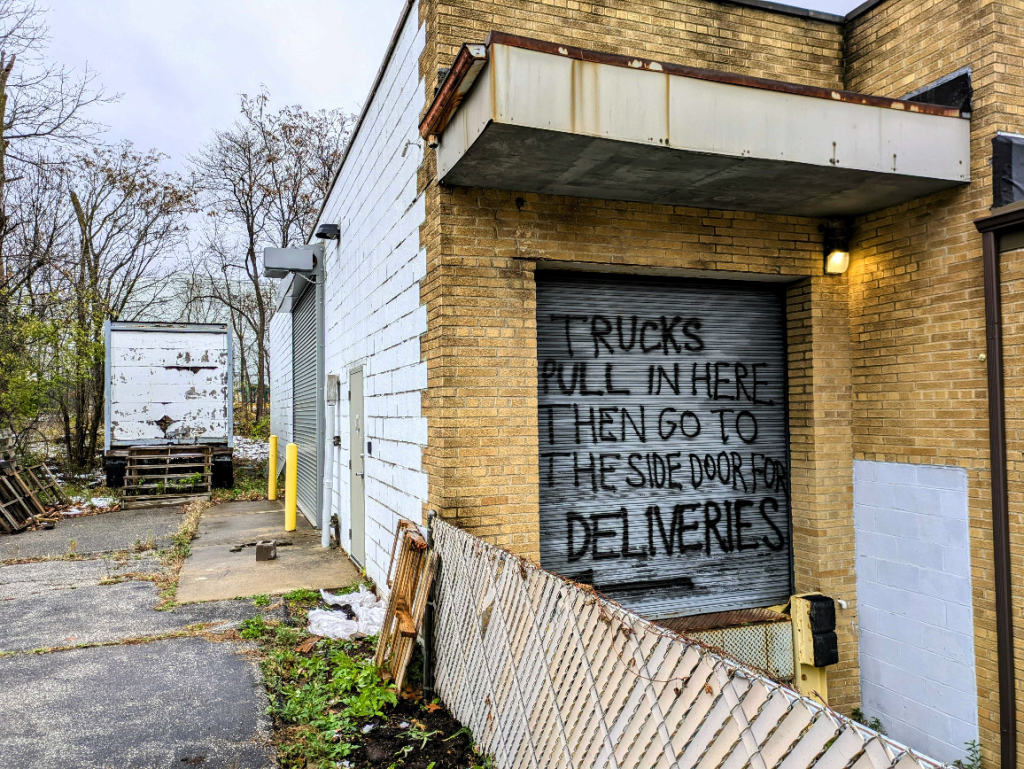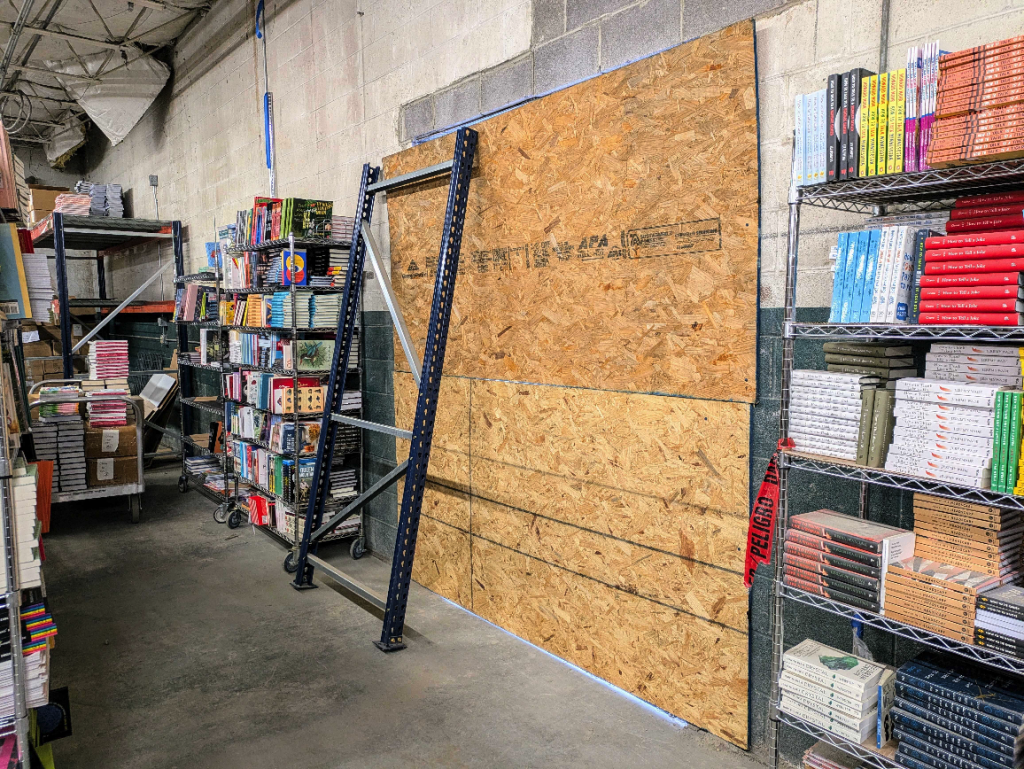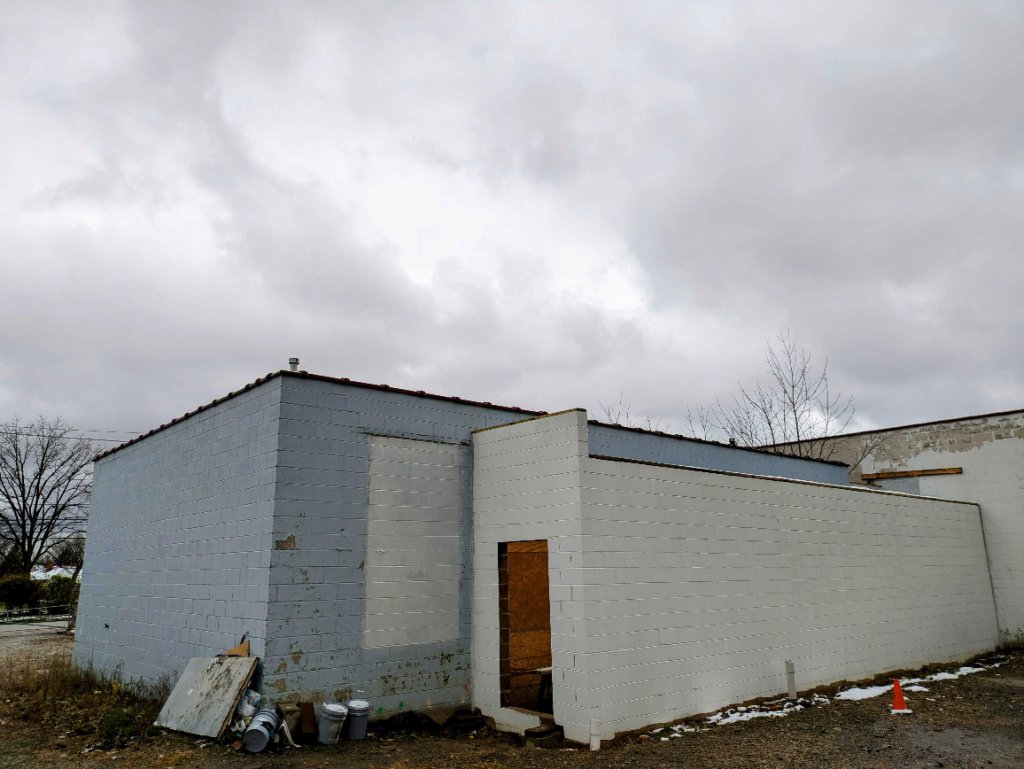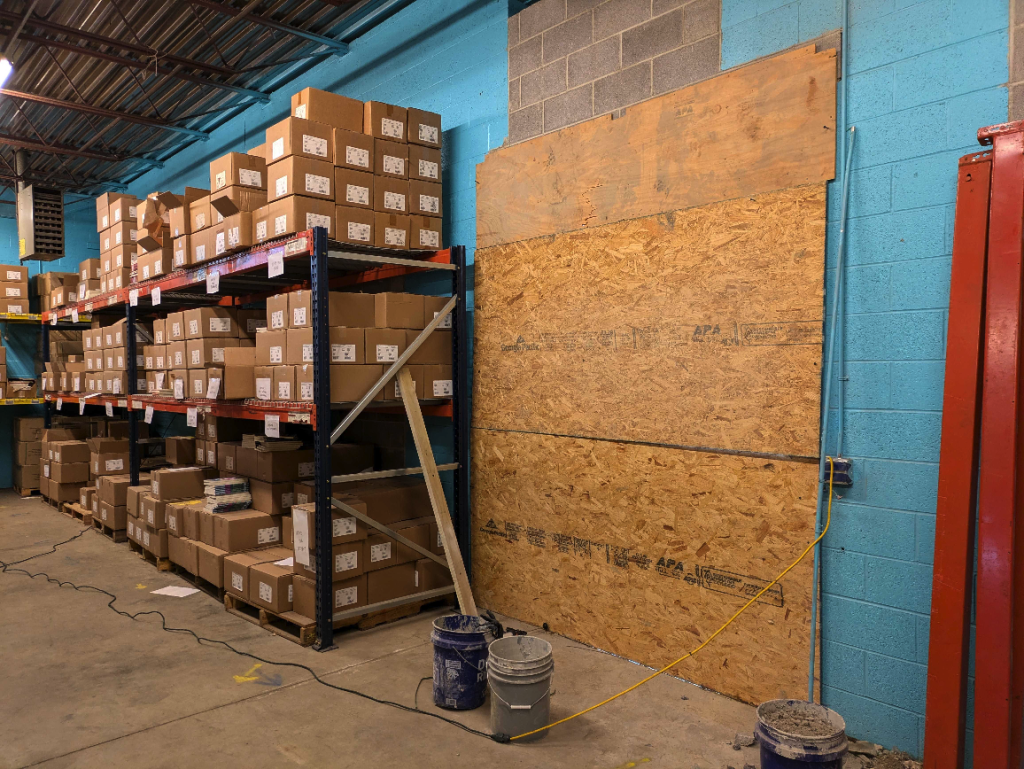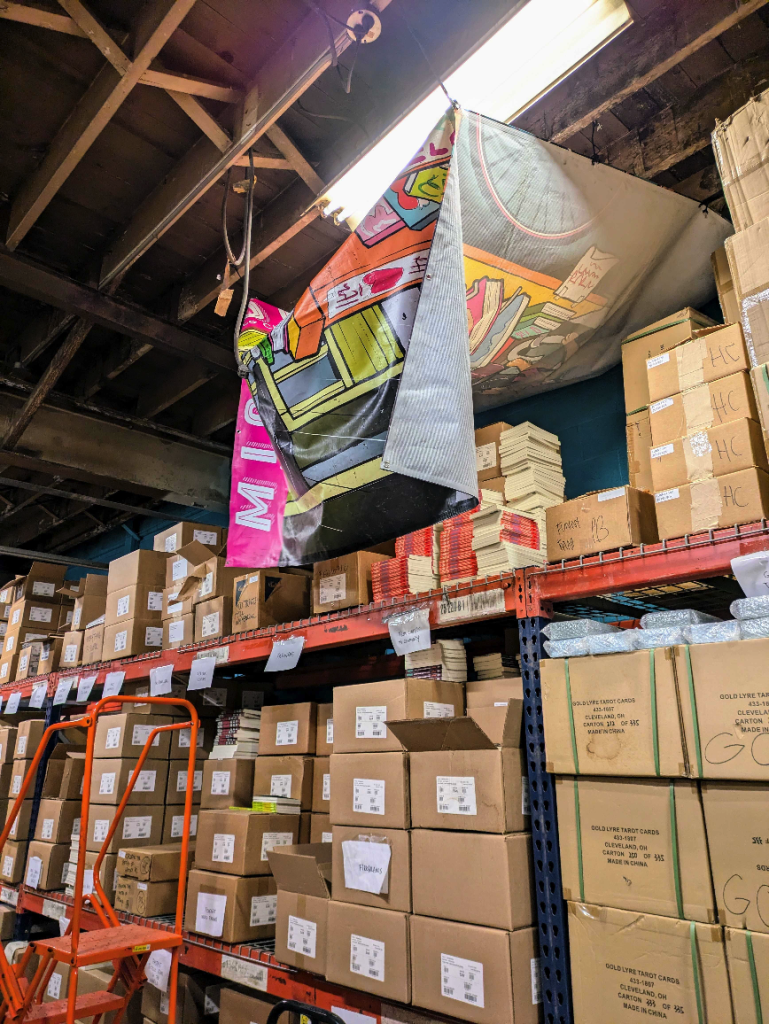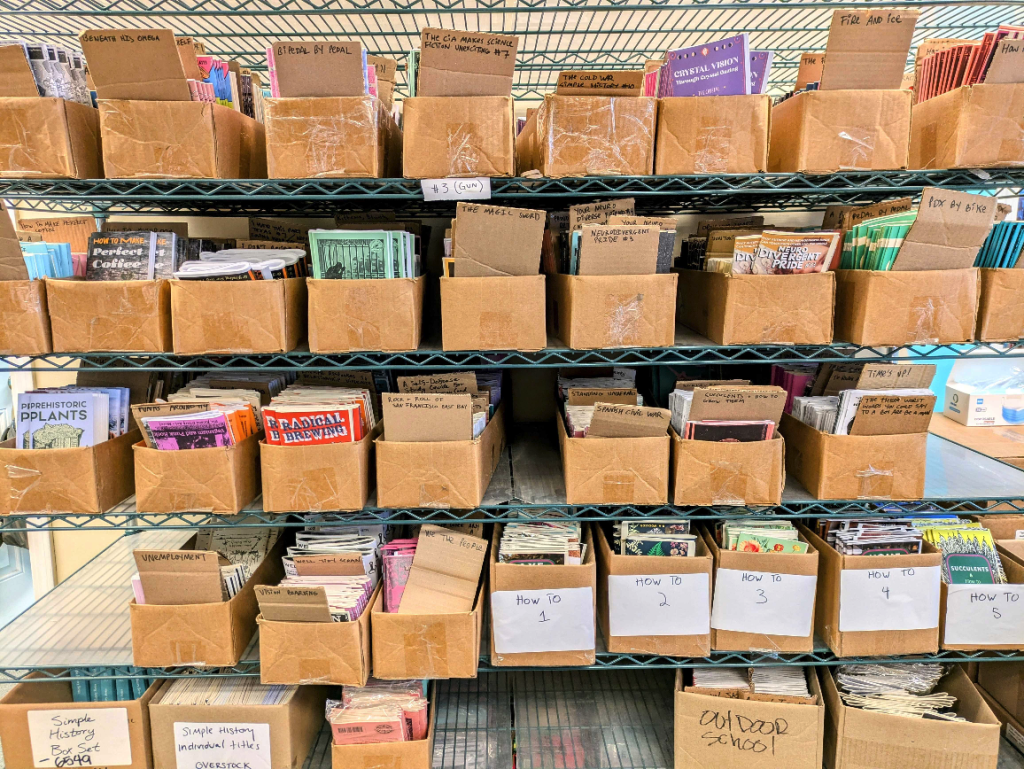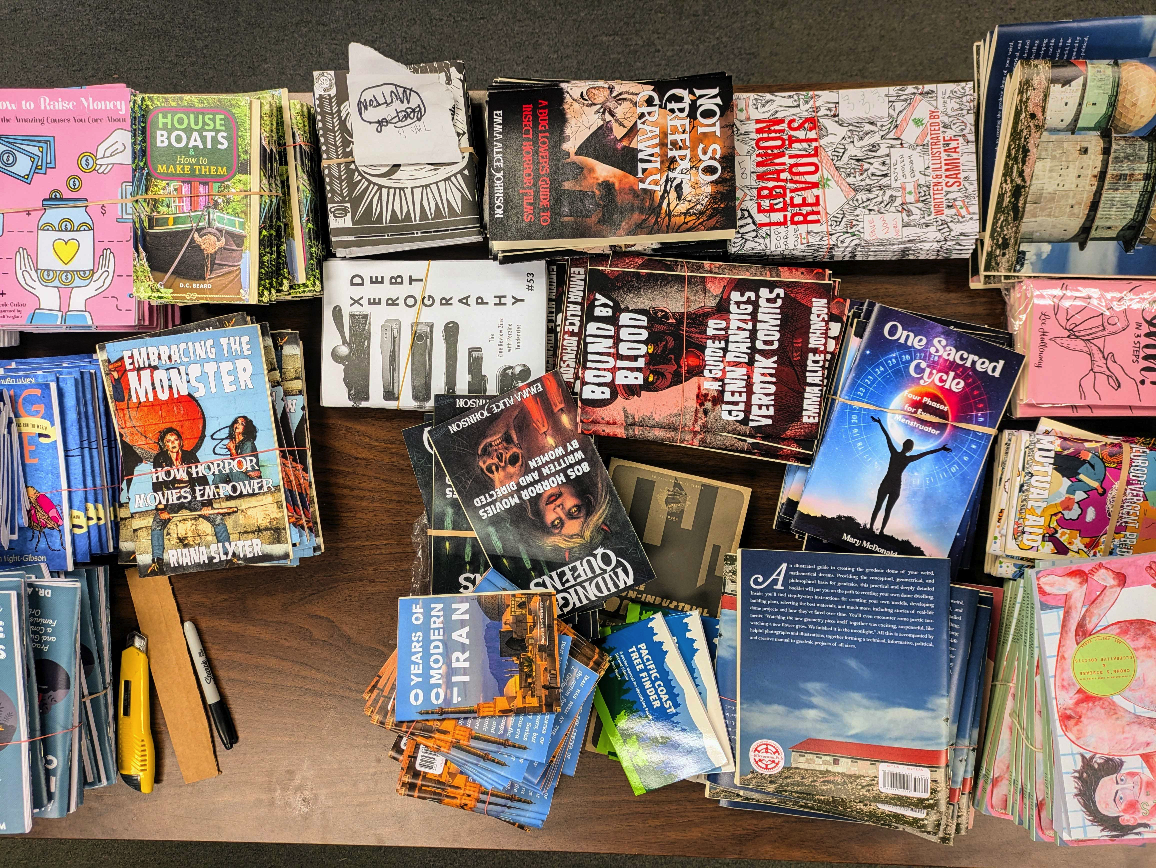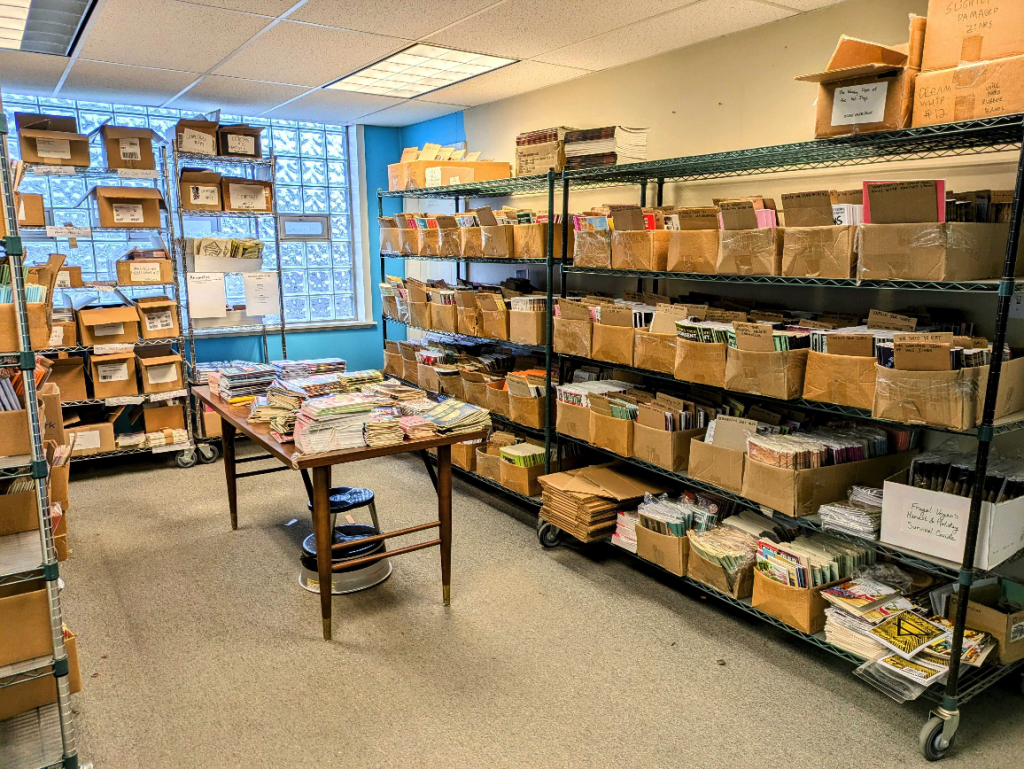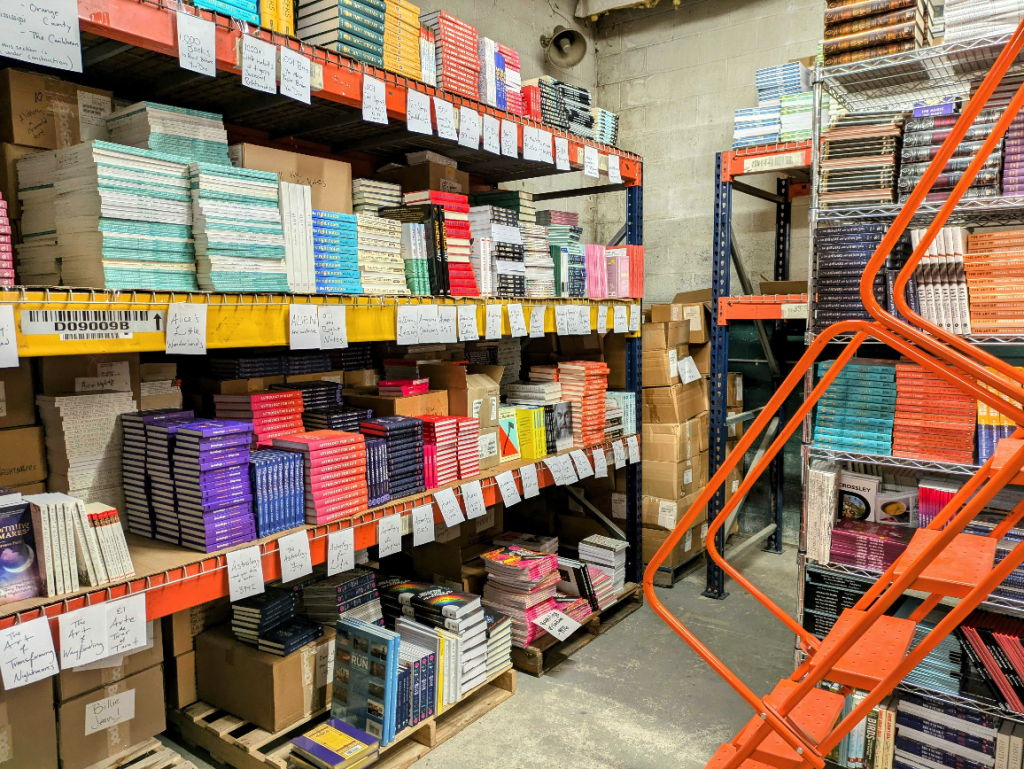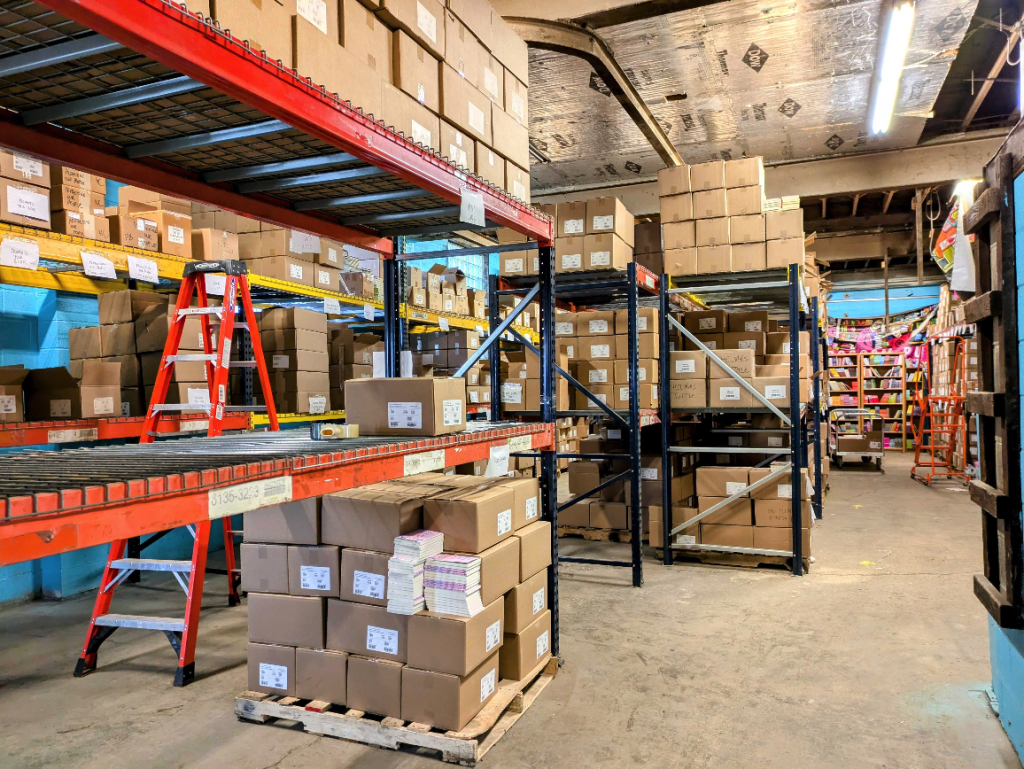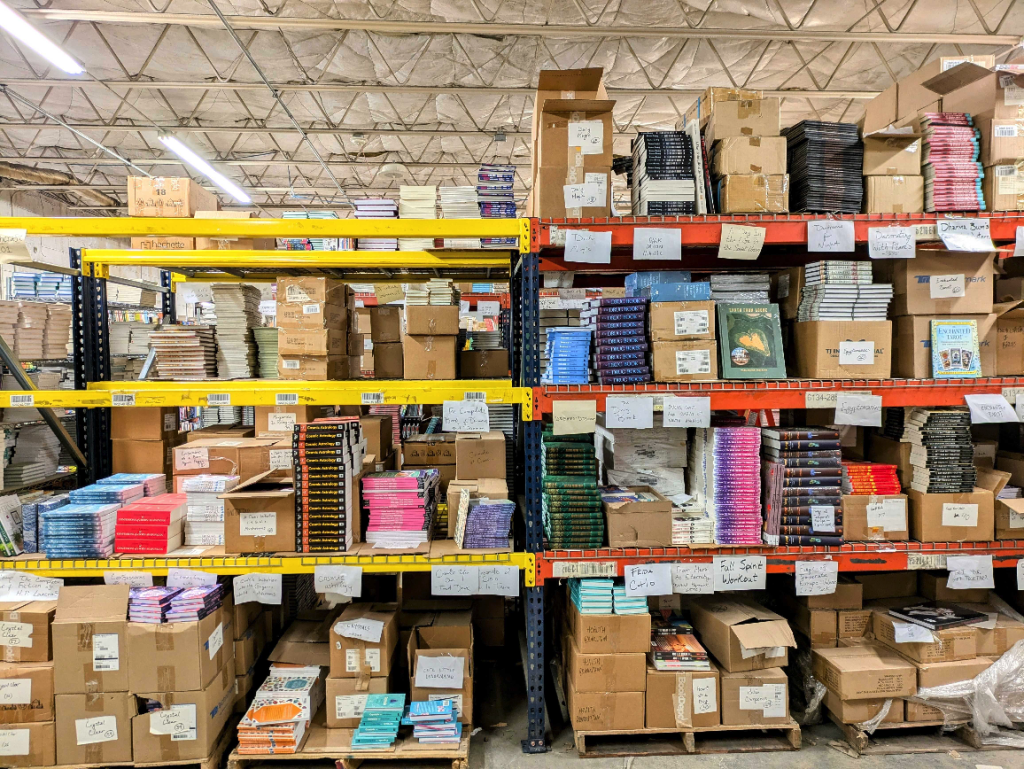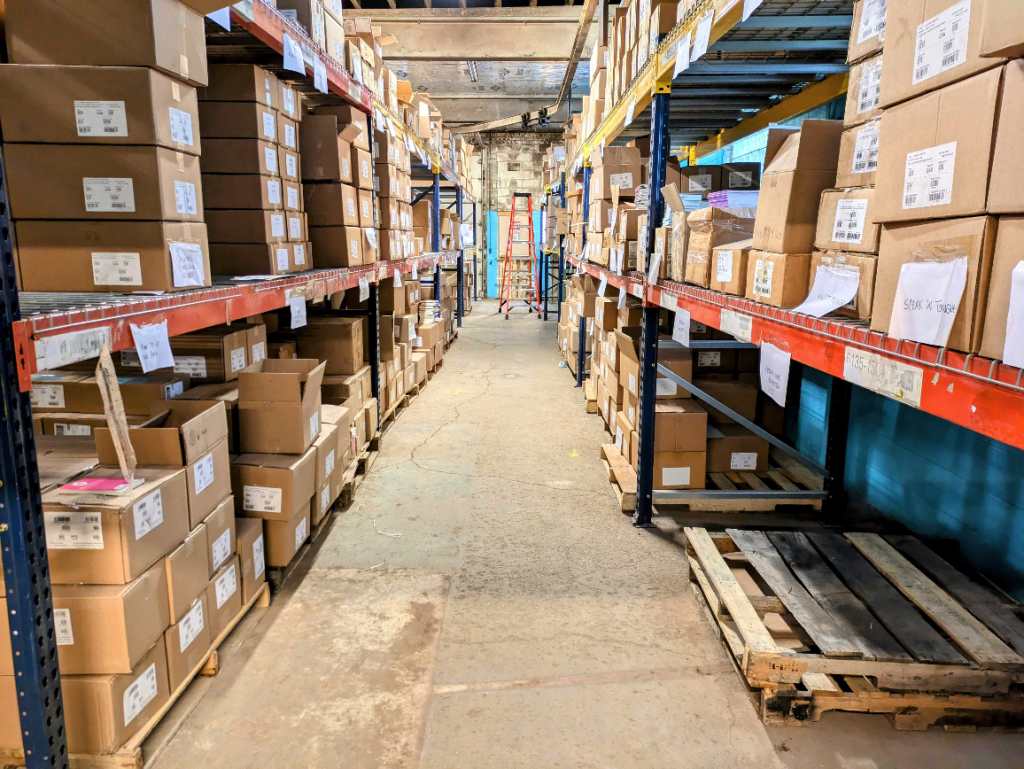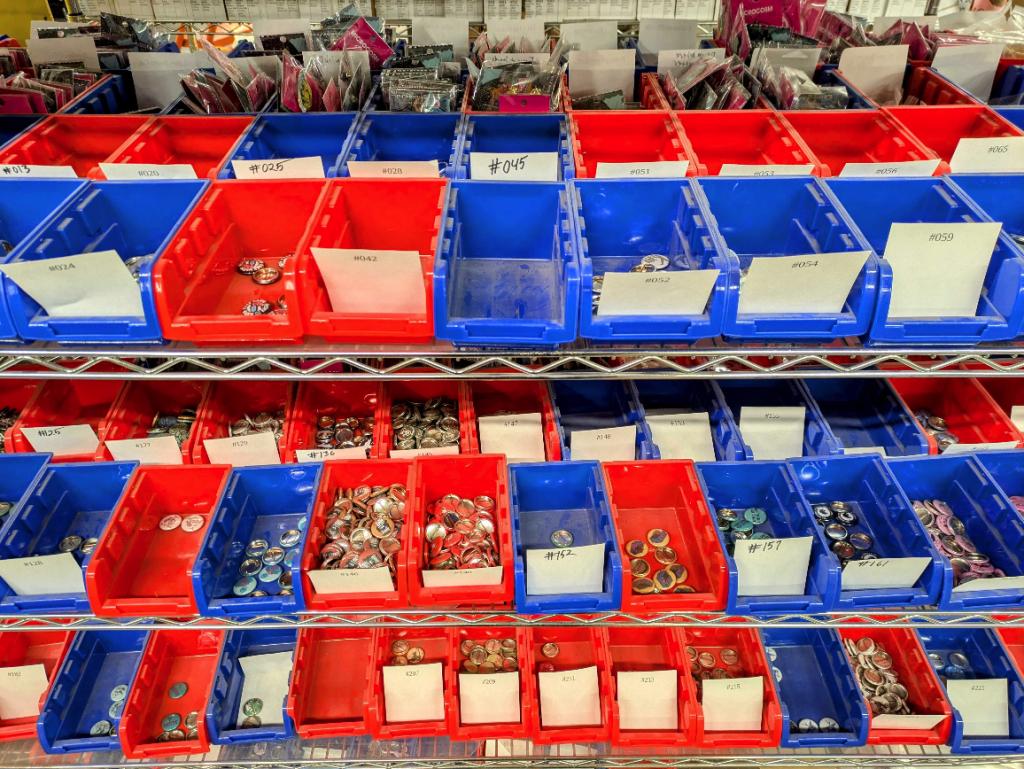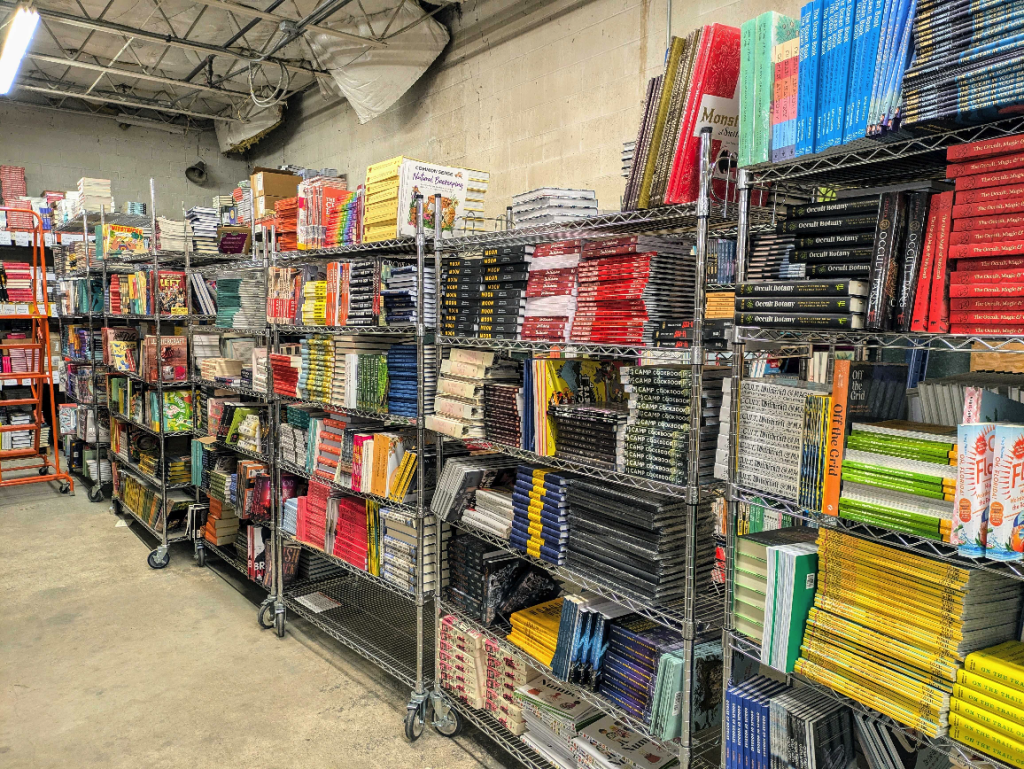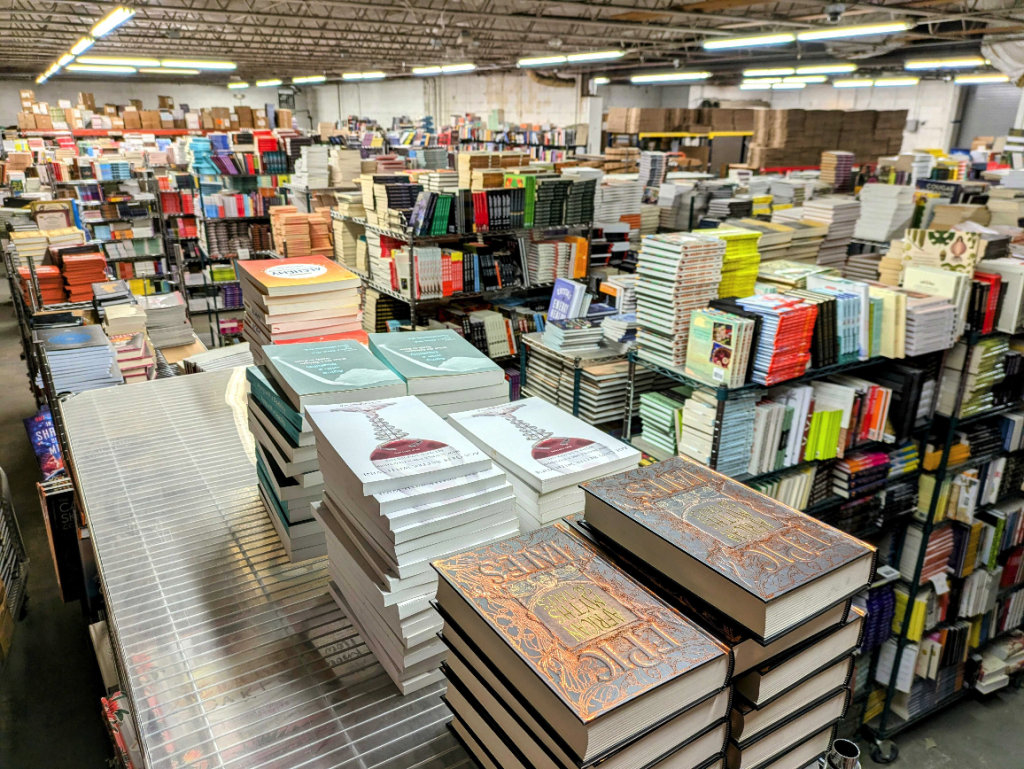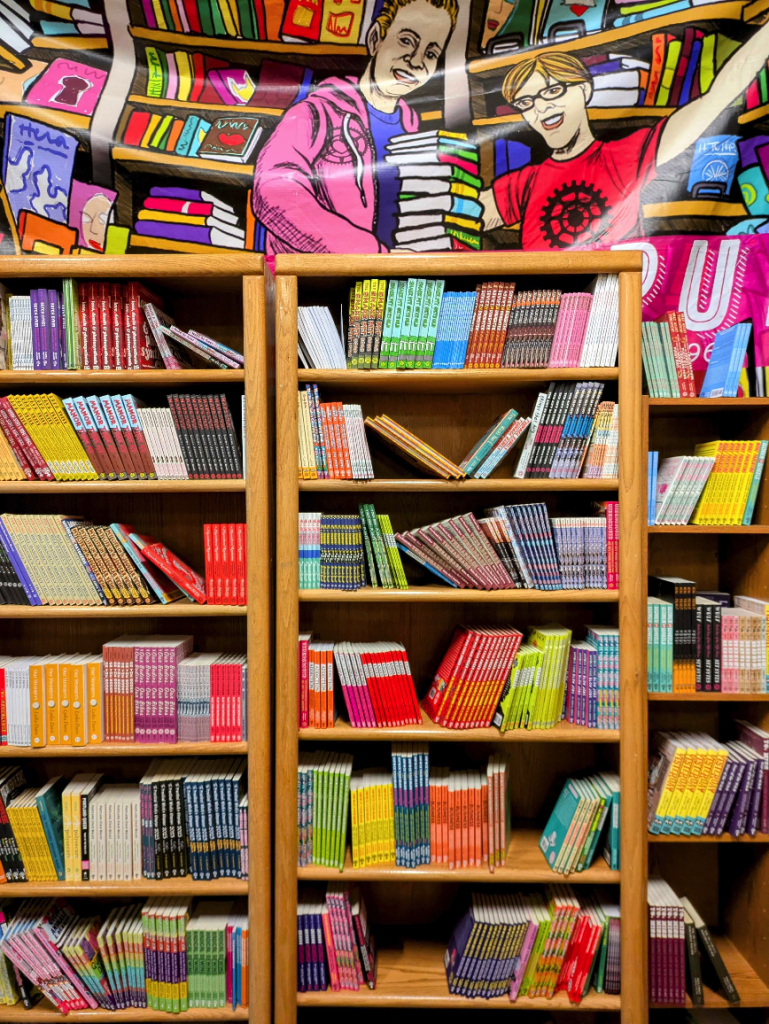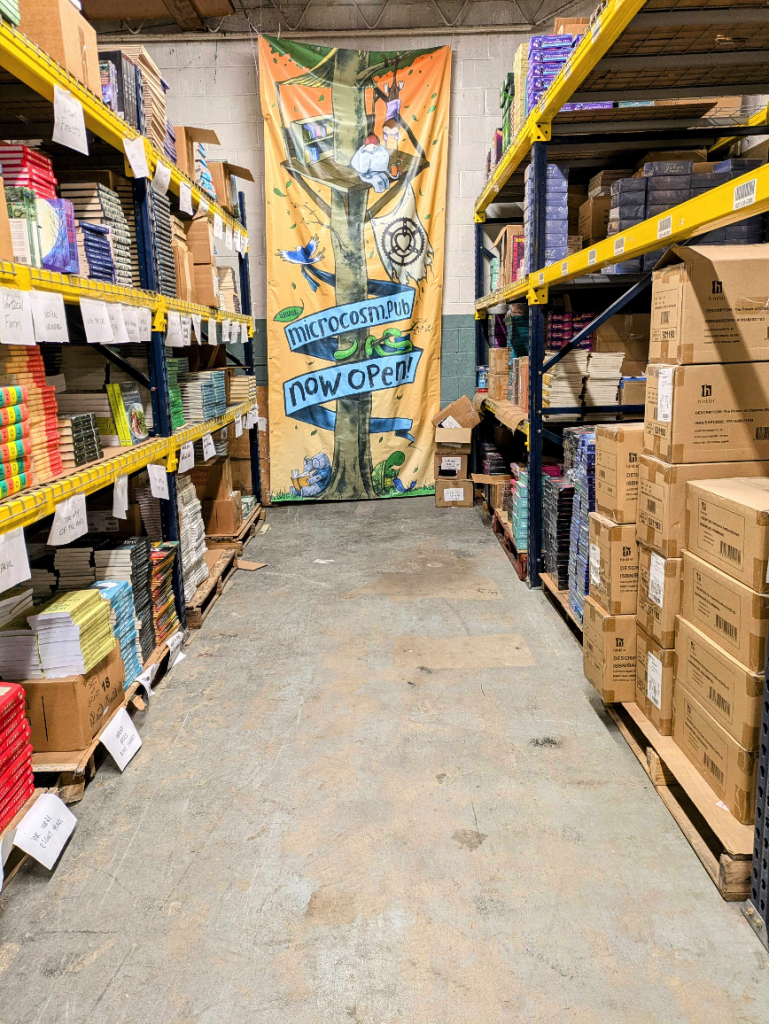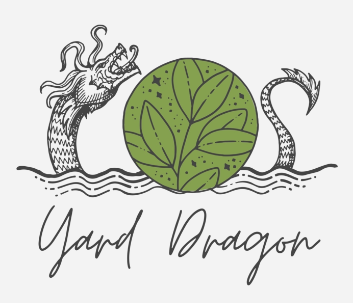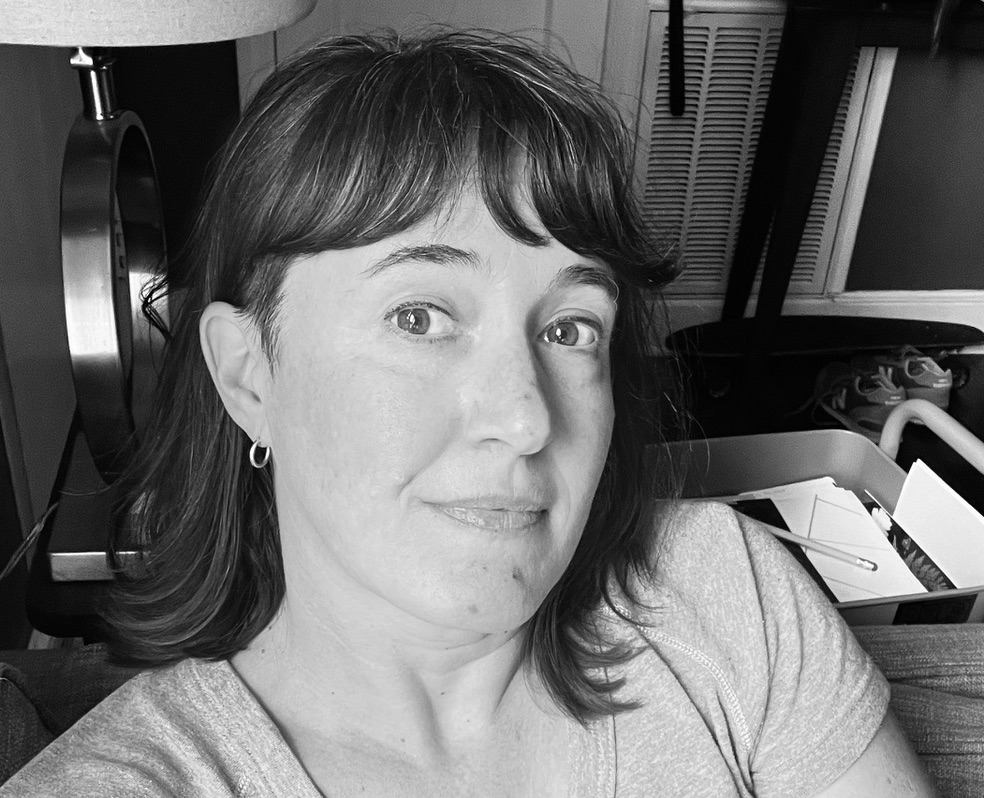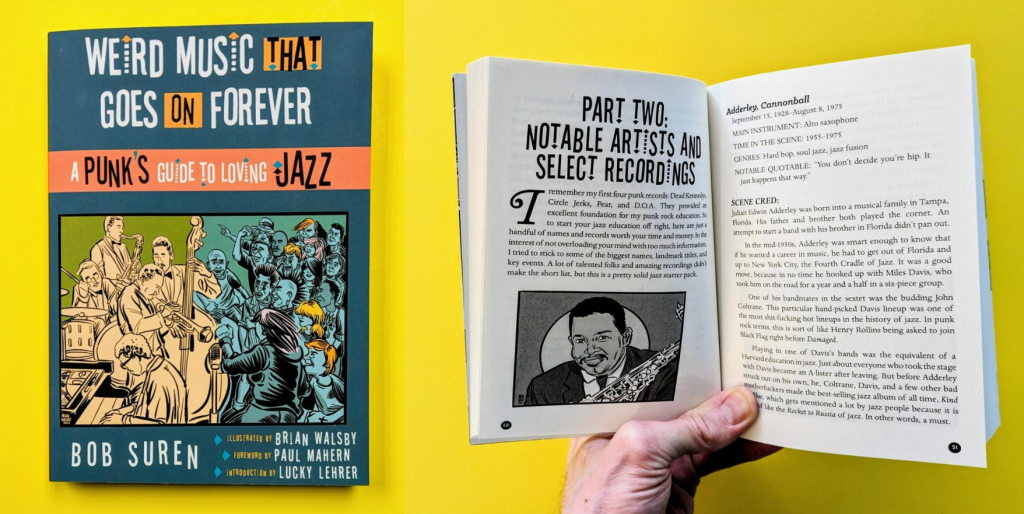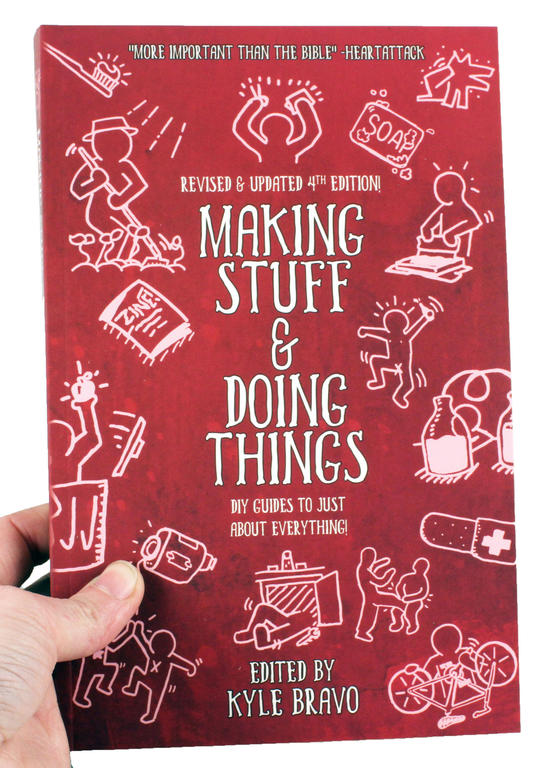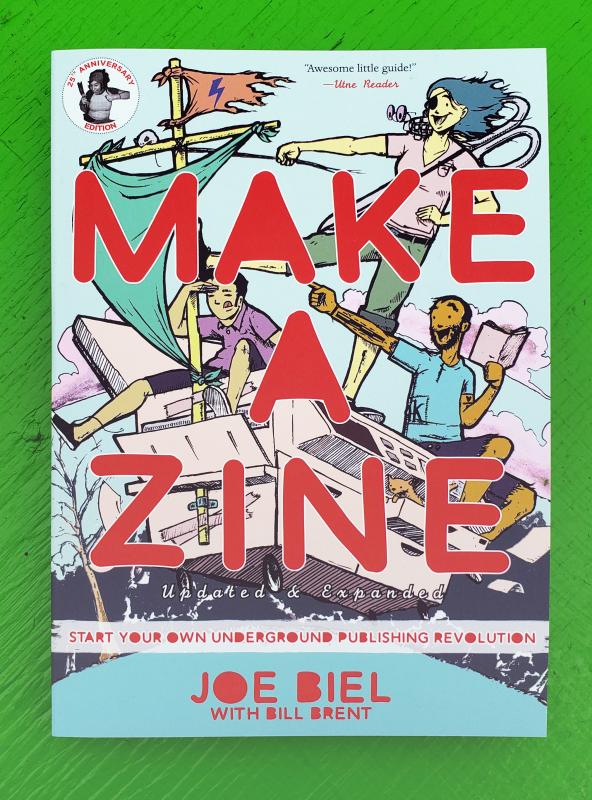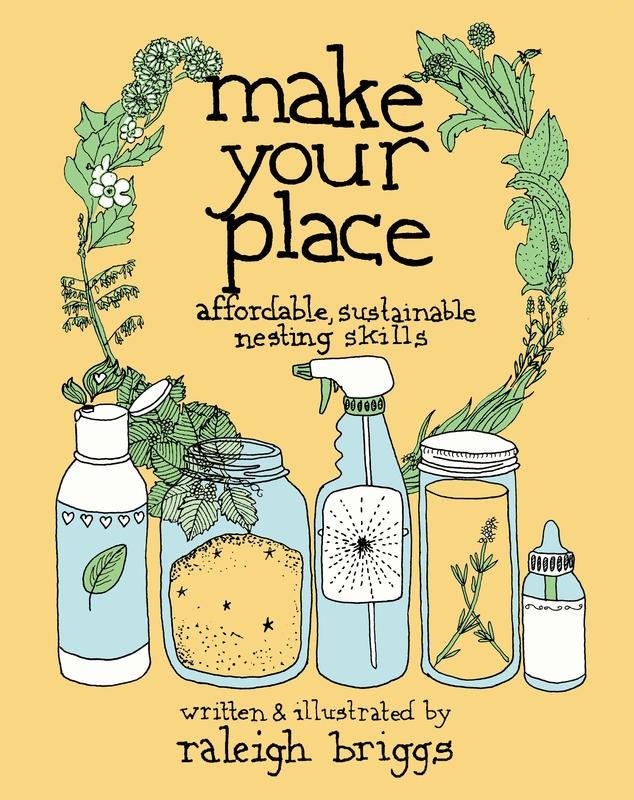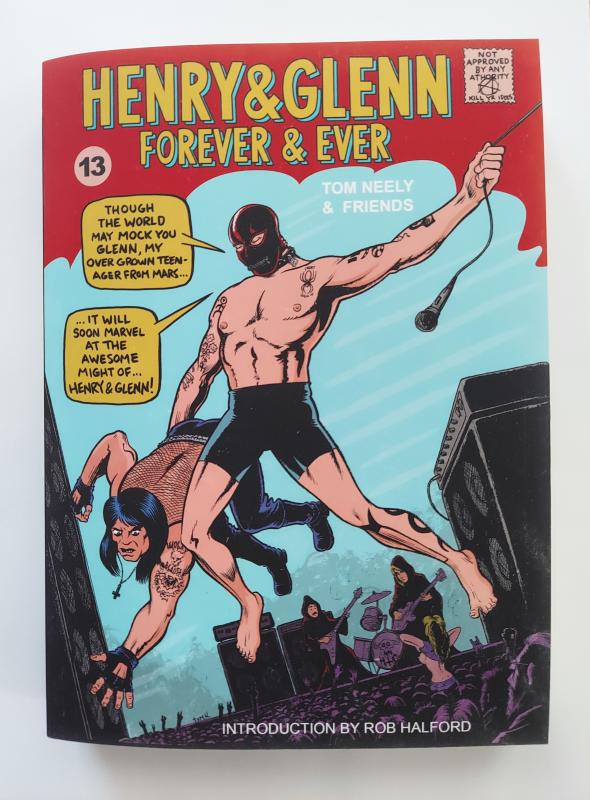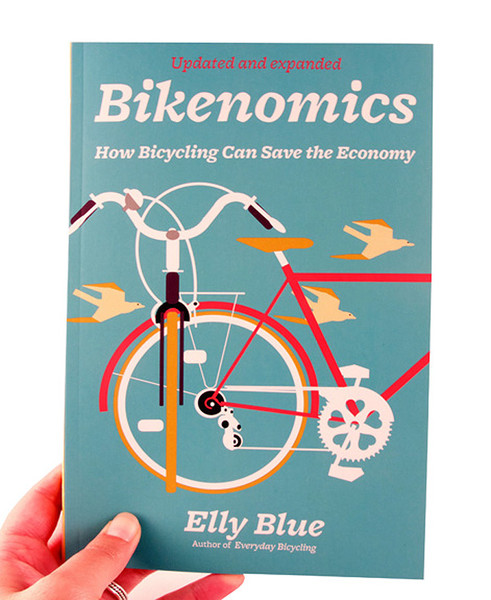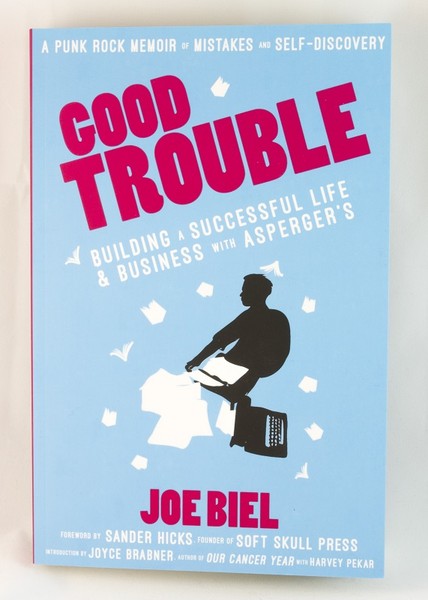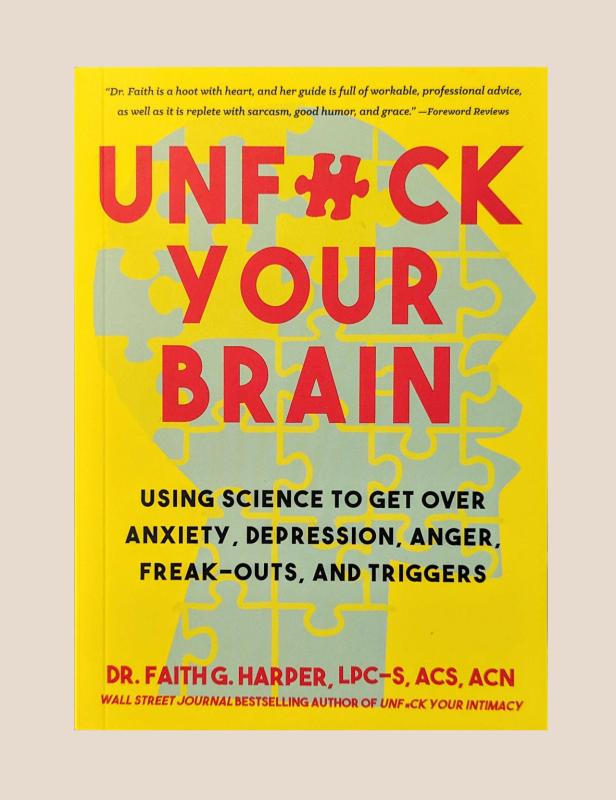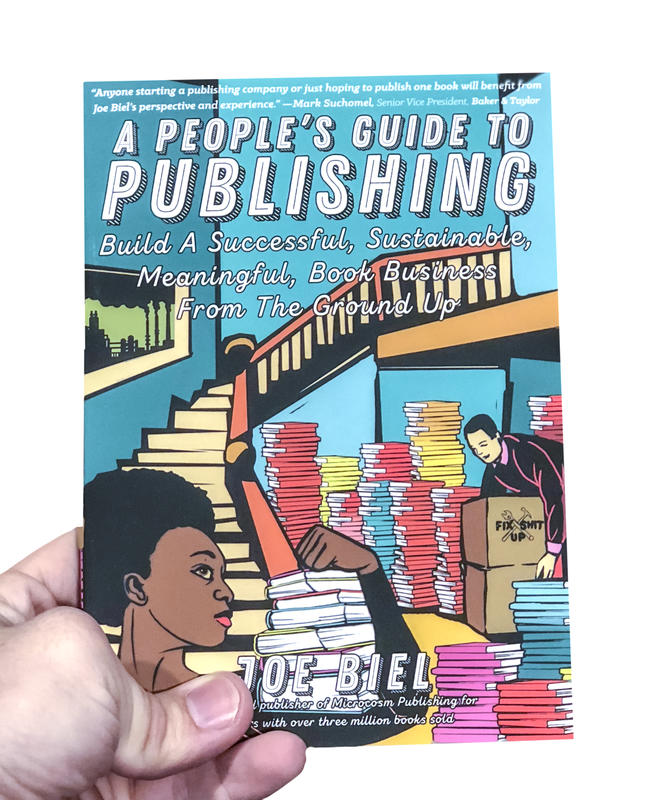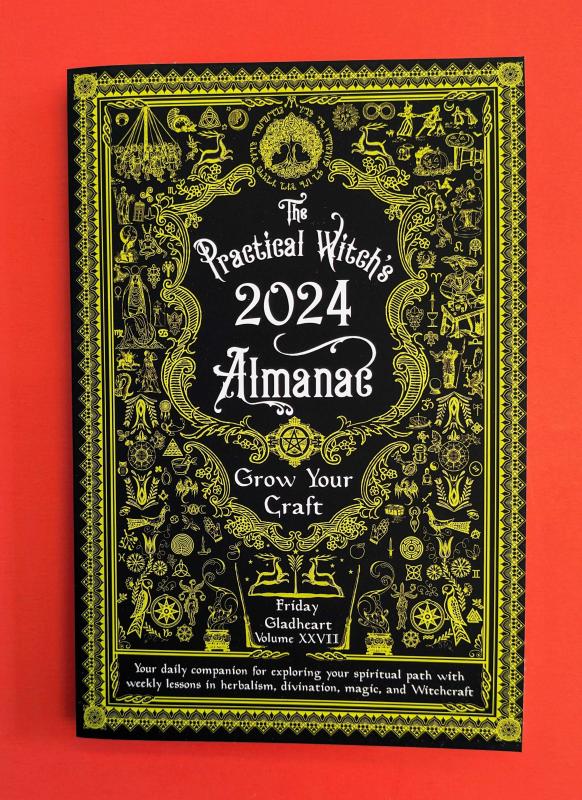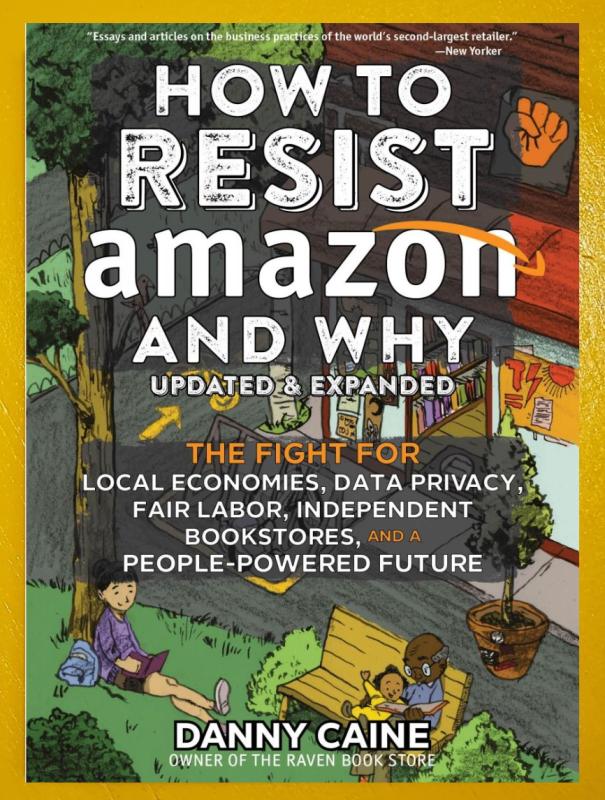Meet Sara, WorkingLit’s New Marketing Manager

Over at WorkingLit, Microcosm’s cloud-based accounting and inventory management software for publishers, we’ve made a new addition to the team! Meet Sara.
Sara Balabanlilar has been a bookseller, event organizer, undercover gallerist, and co-founder of queer sci-fi bookshop Paraspace Books. Before she came on board with WorkingLit, she was the Marketing & Sales Director at Deep Vellum and Dalkey Archive.
What inspired you to take this job?
During the time I’ve spent in the bookselling and publishing industry, the “numbers” side has interested me greatly (my favorite part of sales conferences has always been the presentation on market trends—I know, I know). While I entered the book industry through creative event organizing and marketing, I’m a steadfast systems person. I love finding/learning systems that work, integrating them, and helping everyone else with the details. WorkingLit is investing in back-end/operations expertise, while providing a book worker-led disruption to the HUGE industries that want to rule our creative worlds. And to many hardworking publishers, the numbers side gets complicated fast. I hope to be a part of the solution. Let WorkingLit do the math.
What should publishers reach out to you about?
You can contact me about marketing and sales, alongside any app support you need, from help with onboarding to day-to-day tech support. As a person with bookstore and publishing experience, I can help translate your requests to the folks working on the technical side – and answer your questions in ways that make sense to the publishing world. I’ll be your go-between as our team makes changes on the back end and introduces new features.
Got a question or request? Hit me up. No issue is too wacky. If you’re thinking about it, someone else probably is too. Let’s make WorkingLit work for us, together.
What’s one thing you wish you’d known when you were starting out in publishing?
I’m going to go even further back. In my first bookstore job, my boss sat me down with an end-of-year P&L report and we went through each line item. I remembered many of the individual sales that went into that concise document, but didn’t know how to connect those small dollar amounts with the huge (hm… modestly-sized) year-long Profits and Losses document I was seeing. I thought of the data analysis as an occasional opportunity to peek behind a heavy curtain, which would remain closed until the end of next year’s Q4. Oooh, mysterious.
Y’all. There doesn’t have to be a curtain! We don’t have to mutter incantations to see which books are doing well, which are missing out on potential growth, and which need an extra marketing push. With the right tools, it’s all good 8). Additionally, I wish I could tell my ten-years-ago self, perky event coordinator and sci fi nerd that I was, how much I’d grow to enjoy the analysis and bookkeeping side of things anyway.
What’s your superhero origin story?
Gosh, what’s the origin of any reader… I was a lonely kid who traveled a lot and always had a shelf or suitcase of books for company. That about sums it up! Plus, what’s a superhero without a little mystery around their origin story 😉
The real superheroes were the books and the people who made them, honestly.
Can we meet your cats?
I was hoping you’d ask. Meet Nickea, my queen, my familiar, my #1. And Pico, oobleck panther.


Want to learn more about WorkingLit or just welcome Sara to the team? Reach out to her at sara(at)workinglit.com!
